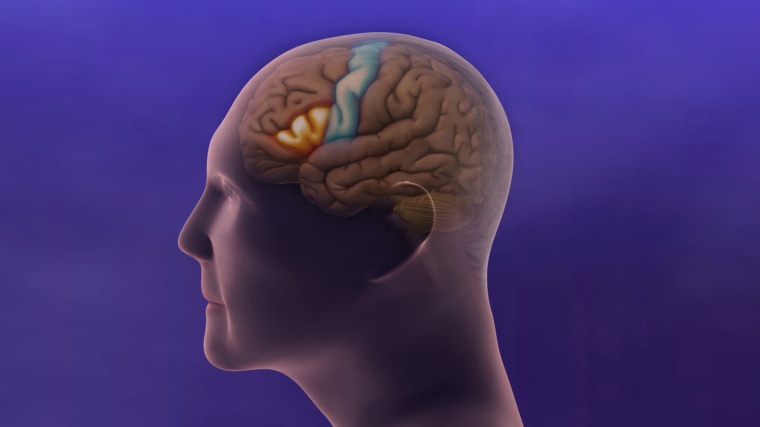CHICAGO — TauRx Pharmaceuticals' experimental Alzheimer's drug LMTX failed to improve cognitive and functional skills in patients with mild to moderate Alzheimer's disease, a large, late-stage study showed.
But in a perplexing twist, the drug did show a significant benefit in about 15 percent of patients in the trial who were not taking other standard Alzheimer's drugs, according to the findings released on Wednesday at the Alzheimer's Association International Conference in Toronto.
Claude Wischik, co-founder of Singapore-based TauRx and a professor of geriatric psychiatry at Aberdeen University, said in that so-called "monotherapy" group, the drug reduced the rate of decline in cognitive and functional skills by 85 percent.
Dr. Laurie Ryan, chief of the Dementia of Aging Branch at the National Institute on Aging, called the finding "intriguing," but said "it doesn't tell us a lot yet at this point."
While the overall study involved 891 subjects, only 15 percent were not taking standard Alzheimer's drugs. "It's a small proportion that showed a benefit. That is why they weren't able to achieve significance," she said in a telephone interview. The mean age of the study was 70.6.
The findings are the first from a large-scale trial of a drug that targets the Alzheimer's-related protein tau, which forms toxic tangles of nerve fibers associated with the fatal disease. Current treatments help improve Alzheimer's symptoms, but no drug has yet been shown to slow disease progression.
After several years of failed drug trials targeting beta-amyloid, the Alzheimer's protein that forms sticky plaques in the brain, several companies, including Eli Lilly, Biogen and AbbVie, have begun targeting tau, a protein linked with cell death.
Despite missing the overall study goals, Wischik remained optimistic. He pointed to a separate analysis of brain scans that showed a statistically significant reduction in the rate of brain shrinkage among the monotherapy patients who benefited, suggesting the drug slowed brain atrophy.
Related: New Imaging Technique May Find Real Alzheimer's Culprit
It remains unclear why the drug only worked in patients who were not getting any other Alzheimer's treatment. Wischik said the company is working on that question, but has no answers at this point.
TauRx is currently studying LMTX in an 800-patient trial of patients with mild Alzheimer's. In that study, the main goal is to prevent the advance of Alzheimer's in patients only taking LMTX. Results are expected to be presented later this year.
More than 5 million Americans have Alzheimer's, according to the Alzheimer’s Association.
